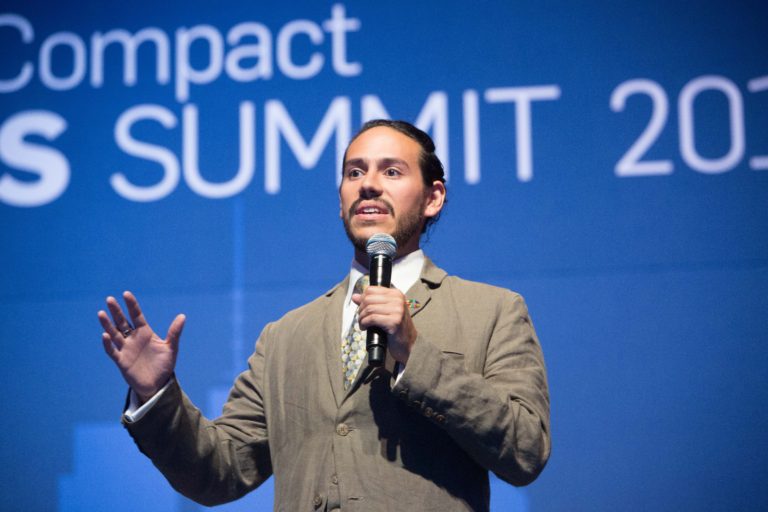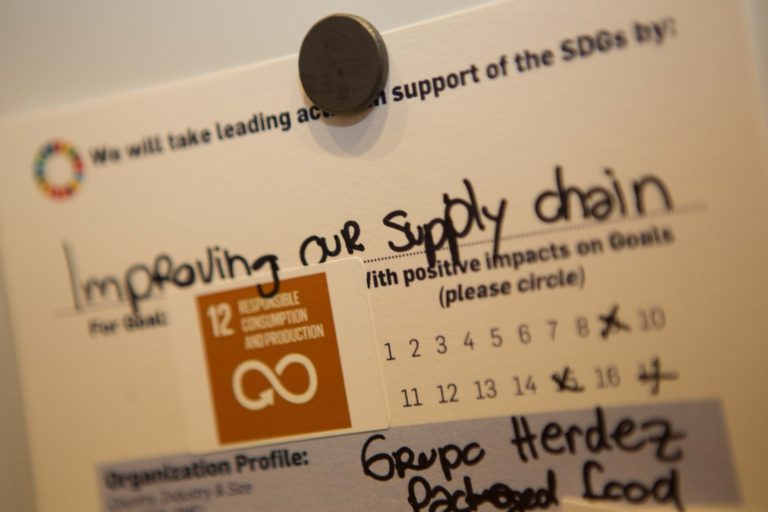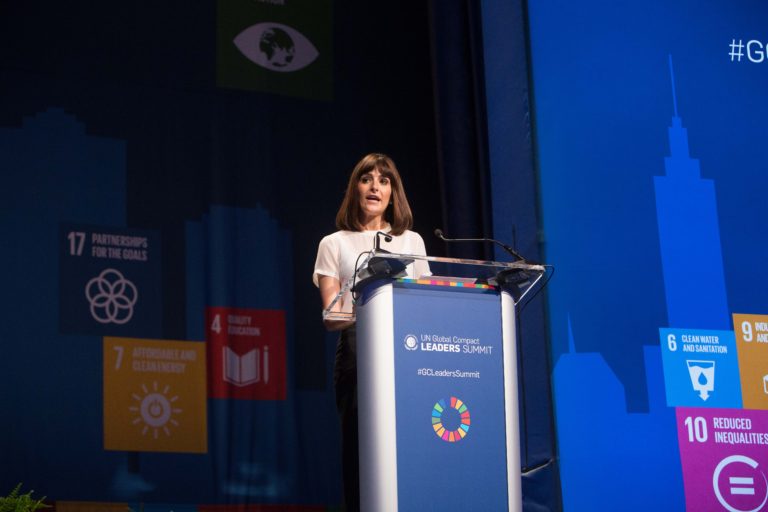Sign up to our newsletter
Receive news on the Alliance, upcoming events, and members activities in Sustainable Fashion


As a special initiative of the UN Secretary-General, the United Nations Global Compact is a call to companies to align their operations and strategies with ten universally accepted principles in the areas of human rights, labour, environment and anti-corruption, and to take action in support of UN goals.
The UN Sustainable Development Goals (SDGs) and the Paris Climate Agreement provide the most powerful common agenda the world has ever seen for achieving peace and prosperity on a healthy planet — with an essential role spelled out for business.
As the world’s largest corporate sustainability initiative, it is our priority to be a leading catalyst of the transformations ahead. We are devoting our capacities and global network to make it happen — based on the Ten Principles that the UN Global Compact is built upon.
We must bring the full weight of the private sector to the SDGs to meet the 2030 deadline. To do so, we have shaped a new global strategy for engaging business to deliver on UN goals at an unprecedented scale and impact.
Through our Making Global Goals Local Business campaign, we are spreading the word that companies that do business responsibly and find opportunities to innovate around sustainability will be the business leaders of tomorrow. To move from awareness to action, the UN Global Compact offers participants an extensive toolbox including next-generation solutions platforms, an online UN Business Action Hub and resources that will help your business take action to achieve the SDGs.
While the SDGs are universal, they will very much be addressed at a national level. As countries establish and enact national plans for achieving the SDGs, Global Compact Local Networks in 70 countries worldwide provide the platform for business to engage with stakeholders from Government, the UN, academia, civil society and local communities to map a shared approach.



The UN Global Compact works with many types of companies small and large around the world from different types of industries, including the fashion sector.
Through our Action Platforms, our Academy and our global network of more than 9,500 companies and experts, we provide access to world-class expertise, tools and resources for companies to adopt more sustainable business strategies and operations.
Several of our platforms and projects have included a focus on the fashion industry, including our work on water stewardship, climate and sciences-based targets, supply chain and traceability. Our Local Networks around the world have also undertaken work with the textile and apparel sector, including Global Compact Network Argentina, which organizes annual training that translates the Ten Principles of the UN Global Compact for the fashion industry specifically.


Receive news on the Alliance, upcoming events, and members activities in Sustainable Fashion
